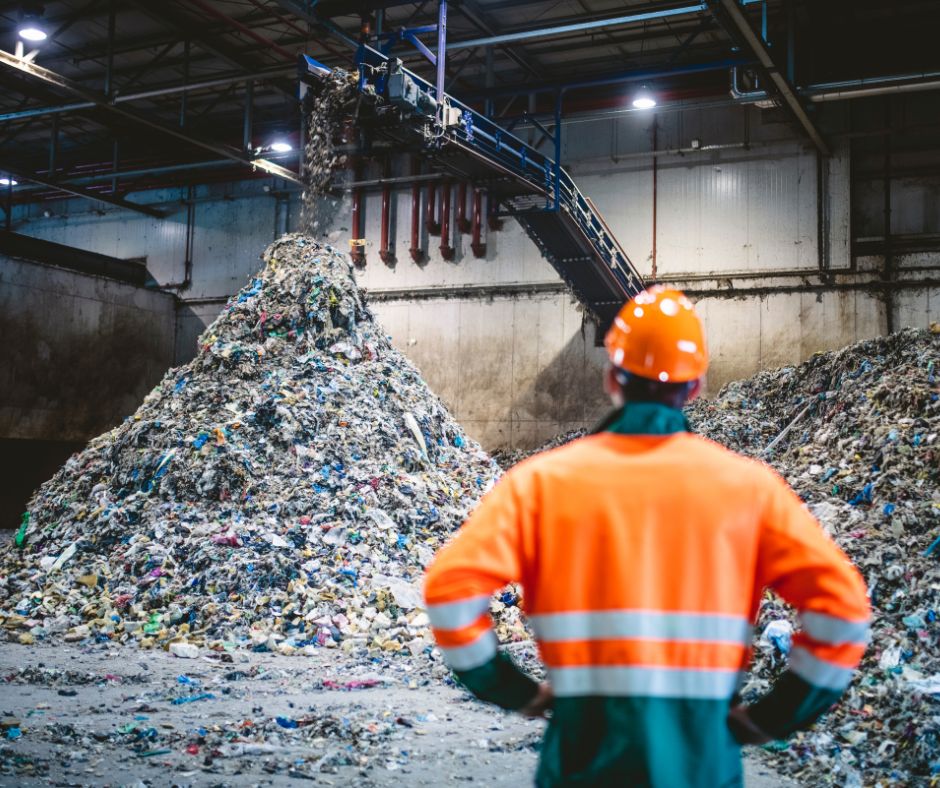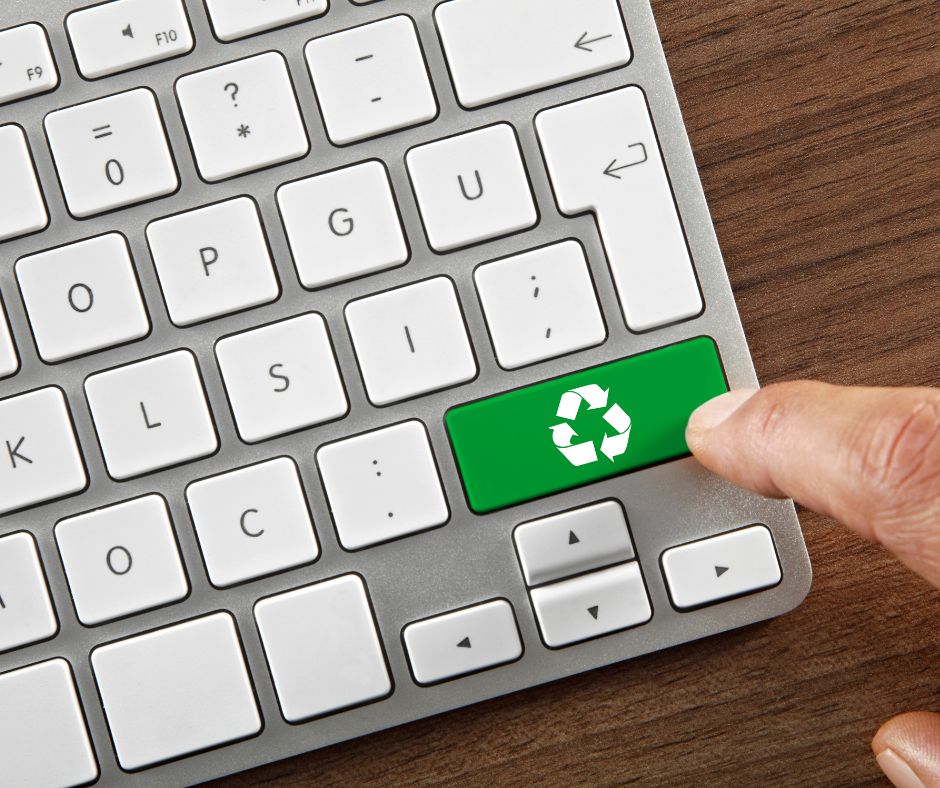


The ubiquitous use of plastics has been driven by the combination of their low cost and their properties, but these attributes directly challenge waste management systems for recycling plastics. Some post-consumer recycling programs are now almost 50 years old, but a significant fraction of plastics continue to be disposed of in landfills or other end-of-life dumping strategies. With growing concern about plastic waste, especially ocean plastics, there is a need for innovation and alternative strategies for the economic conversion of plastic waste into valuable products that promote their efficient circular use.
The Precision Plastics: Redefining Recycling with Technology project is a response to the needs of the plastics recycling industry. Specifically, this project aims to develop means and tools that not only optimize the recycling process but also increase the quality of the end product. In addition, the project includes the development of technologies for tracing recycled plastic, thus enabling its origin to be traced and validated.
This initiative aims to develop quality control technologies applicable to the plastic recycling process, which will help Member States to continue to achieve the recycling targets set out in the “European Strategy for Plastics”. It is therefore a matter of urgency to develop the means and technologies needed to recycle more and better, avoiding loss of value in recycled plastics, while at the same time reducing the amount of plastic wasted during the recycling process.
To achieve the project’s objectives, the initiative brings together a complete consortium of two (2) business entities and three (3) entities from the national scientific system.
PIEP is the scientific leader of the project and is responsible for guaranteeing the veracity and innovative nature of the proposed developments.


Download project sheet.

